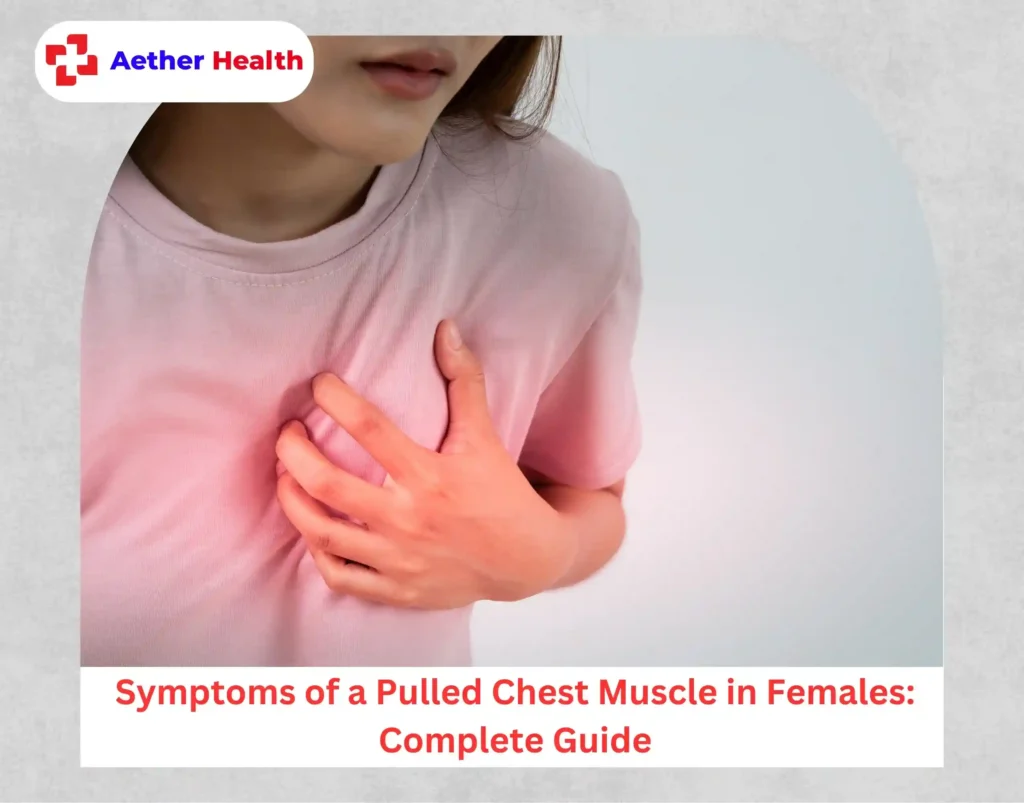Did you know that something as common as acid reflux might be linked to heart issues like irregular heartbeat? This connection can be alarming, especially for those experiencing both conditions. Understanding the relationship between acid reflux and heart rhythm disturbances is crucial for managing your health effectively. In this article, we’ll explore how acid reflux, or GERD (gastroesophageal reflux disease), might influence your heart, the symptoms to watch out for, and when to seek medical attention.
What Is Acid Reflux?
Acid reflux occurs when stomach acid flows back into the esophagus, the tube connecting your throat to your stomach. This backward flow, known as gastroesophageal reflux, happens when the lower esophageal sphincter (LES) – a ring of muscle that acts as a valve between the esophagus and stomach – doesn’t close properly. The most common symptom of acid reflux is heartburn, a burning sensation in the chest. Chronic acid reflux is known as GERD and can lead to more serious complications if left untreated.
What Is Irregular Heartbeat (Arrhythmia)?

An irregular heartbeat, also known as arrhythmia, refers to any disturbance in the normal rhythm of the heart. Arrhythmias can cause the heart to beat too fast (tachycardia), too slow (bradycardia), or irregularly. While some arrhythmias are harmless, others can be life-threatening and require immediate medical attention. Symptoms of arrhythmia may include palpitations, dizziness, shortness of breath, and chest discomfort.
Can Acid Reflux Cause Irregular Heartbeat?
The question “Can acid reflux cause an irregular heartbeat?” is a concern for many. While acid reflux itself doesn’t directly cause heart rhythm problems, there is evidence to suggest that severe acid reflux can trigger or exacerbate symptoms of arrhythmia in some people. The discomfort and stress from intense acid reflux episodes might lead to palpitations or a feeling of a racing heart.
What Mechanisms Might Link Acid Reflux to Heart Rhythm Issues?
The exact mechanisms linking acid reflux to irregular heartbeat are not entirely understood, but several theories exist. One hypothesis is that the vagus nerve, which runs from the brain to the abdomen and controls heart rate, might be irritated by acid reflux. This irritation could potentially trigger arrhythmias. Another possibility is that the pain and stress associated with severe acid reflux can lead to an increased heart rate or palpitations.
What Are the Symptoms of Acid Reflux That Overlap with Heart Issues?
Acid reflux and heart-related issues share some common symptoms, which can make it difficult to differentiate between the two.

Symptoms that overlap include:
Chest pain or discomfort
Often mistaken for a heart attack, chest pain from acid reflux can feel similar to that caused by heart issues.
Heart palpitations
Acid reflux can sometimes lead to a sensation of skipped beats or a racing heart.
Shortness of breath
Both conditions can cause difficulty breathing, which can be alarming.
Dizziness or lightheadedness
This can occur with both severe acid reflux and arrhythmias.
How Can You Differentiate Between Acid Reflux and Heart-Related Issues?
Distinguishing between acid reflux and heart-related issues is vital, as the latter can be life-threatening. Generally, heart-related chest pain is more likely to occur with physical activity and may be accompanied by cold sweats, pain radiating to the arms or jaw, and a feeling of impending doom. On the other hand, acid reflux-related chest pain is more likely to occur after eating, when lying down, or bending over, and is often relieved by antacids. However, if you’re unsure, it’s always safer to seek medical attention to rule out a heart problem.
What Complications Can Arise If Acid Reflux Leads to or Worsens Irregular Heartbeat?

If acid reflux exacerbates or leads to arrhythmia, it could result in several complications. Persistent arrhythmias may increase the risk of stroke or heart failure. Additionally, the anxiety and stress caused by recurrent acid reflux and palpitations can lead to a vicious cycle, where stress further exacerbates both conditions. Therefore, managing acid reflux effectively is crucial to prevent potential heart complications.
What Are the Recommended Treatments for Both Conditions?
Treating both acid reflux and arrhythmia typically involves a combination of lifestyle changes and medical treatments:
Lifestyle modifications
Losing weight, avoiding trigger foods, eating smaller meals, and not lying down immediately after eating can help manage acid reflux. Reducing stress, limiting caffeine and alcohol, and getting regular exercise can help manage arrhythmia.
Medications
Proton pump inhibitors (PPIs) or H2 blockers are commonly prescribed for acid reflux, while beta-blockers, anti-arrhythmic drugs, or blood thinners might be prescribed for arrhythmia.
Medical procedures
In severe cases, surgical options like fundoplication for acid reflux or catheter ablation for arrhythmia may be necessary.
What Are the Warning Signs That You Should Seek Immediate Medical Attention?
Recognizing the warning signs that require immediate medical attention can be life-saving, especially when dealing with conditions like acid reflux and irregular heartbeat.
Here’s a closer look at these critical symptoms:
Severe Chest Pain
Chest pain is one of the most alarming symptoms and should never be ignored, especially if it’s severe or radiates to other parts of the body, such as the arms, neck, or jaw. While chest pain can be caused by acid reflux, it may also be a sign of a heart attack. The pain from a heart attack often feels like a heavy, crushing pressure, and it may be accompanied by a cold sweat, nausea, or lightheadedness. If you experience these symptoms, seek emergency medical care immediately.
Sudden Shortness of Breath
Sudden shortness of breath can be a sign of a serious heart or lung condition, such as a heart attack, pulmonary embolism, or heart failure. If this symptom occurs suddenly and is coupled with chest discomfort, it may indicate that your heart isn’t getting enough oxygen, possibly due to a blocked artery. Shortness of breath can also result from severe acid reflux, but given the potential for a life-threatening condition, it’s crucial to get evaluated by a medical professional right away.
Fainting or Near-Fainting
Fainting (syncope) or feeling like you’re about to faint (pre-syncope) could be a sign of a serious heart problem, such as an arrhythmia or a sudden drop in blood pressure. Fainting occurs when your brain doesn’t get enough oxygen, and it may be a symptom of a heart attack, especially if it’s preceded by chest pain or palpitations. Even if the episode is brief, fainting should always be taken seriously and warrants immediate medical evaluation.
Uncontrolled Heart Palpitations
Heart palpitations can feel like your heart is racing, fluttering, or skipping beats. While occasional palpitations can be harmless, persistent or worsening episodes could indicate a serious arrhythmia, which may require urgent treatment. If your palpitations are accompanied by chest pain, dizziness, shortness of breath, or fainting, it’s critical to seek medical attention immediately to prevent potential complications like stroke or heart failure.
Severe or Persistent Acid Reflux
While acid reflux is common and often manageable with lifestyle changes and medications, severe or persistent reflux that doesn’t respond to treatment may indicate a more serious condition, such as GERD or even Barrett’s esophagus, a precursor to esophageal cancer. If acid reflux is accompanied by symptoms like vomiting blood, black or tarry stools, or difficulty swallowing, it could also signal a gastrointestinal emergency that requires immediate medical intervention.
Managing Acid Reflux and Arrhythmia for Better Health
Answering the question, “Does acid reflux cause fast heart rate?” and understanding the potential connection between the two is essential for those experiencing both conditions. While the link may not be direct, managing acid reflux effectively can reduce the likelihood of experiencing heart-related symptoms.
If you live in Pearland, TX, and are experiencing these symptoms, consider visiting the emergency room at Aether Health for prompt and professional care. They specialize in handling both acid reflux and heart-related issues, ensuring you receive the comprehensive care you need.
For more information, visit Aether Health, or explore their services for irregular heartbeat emergency care and other emergency services in Pearland, TX.



